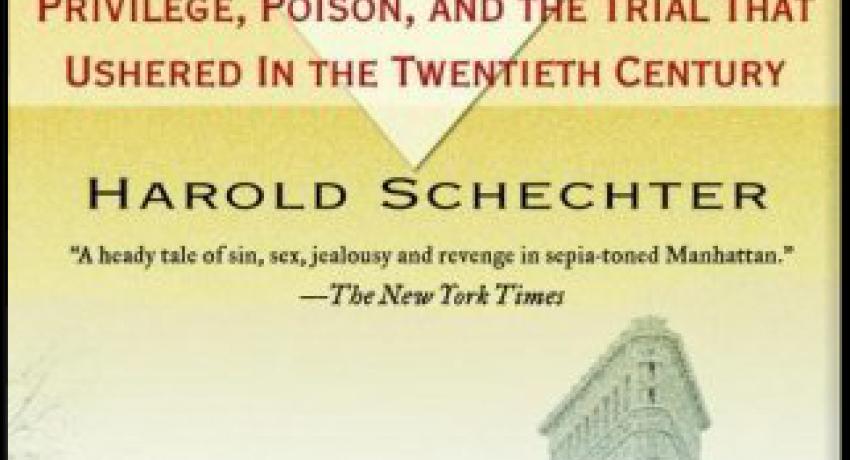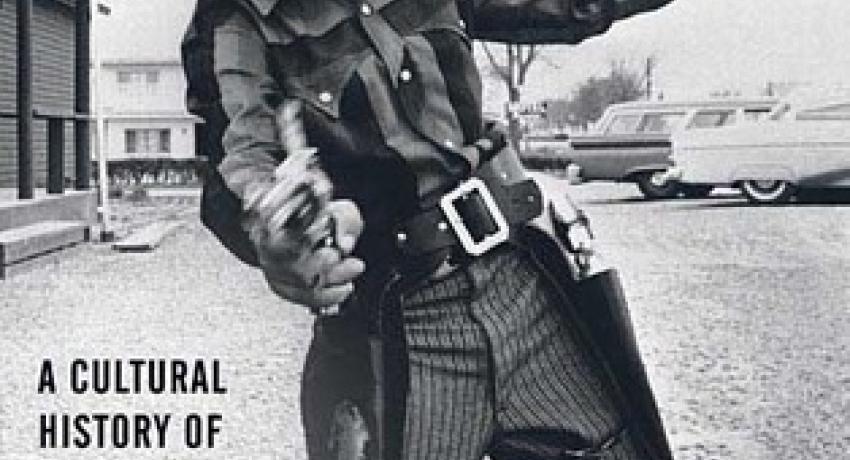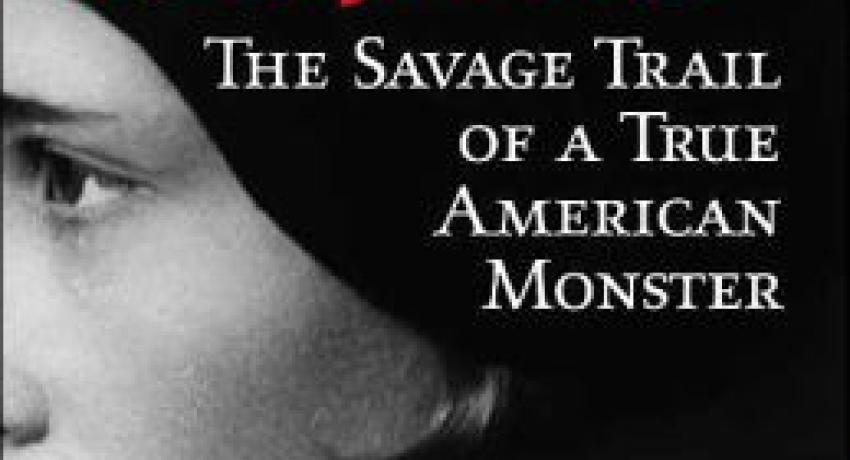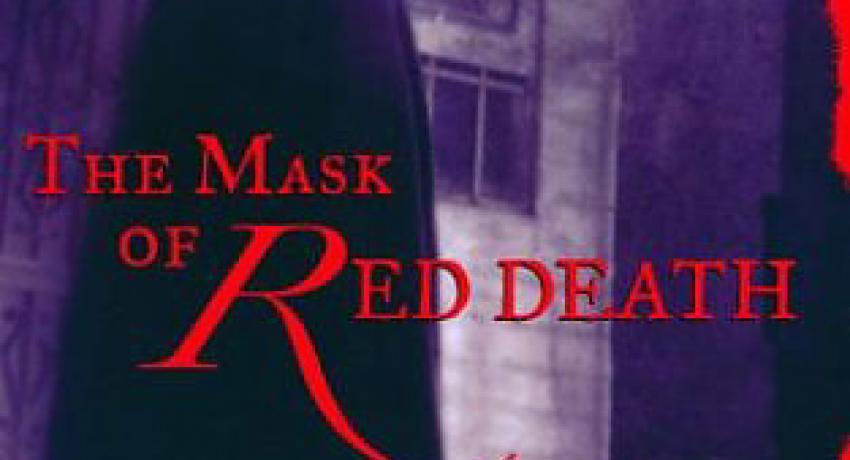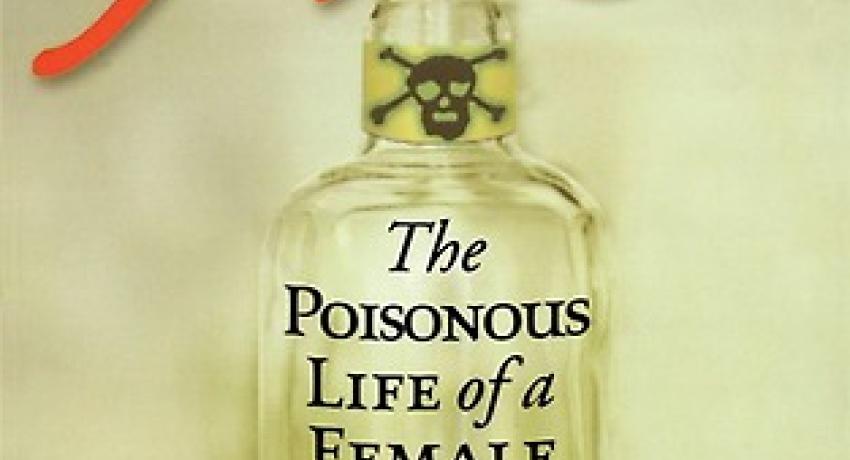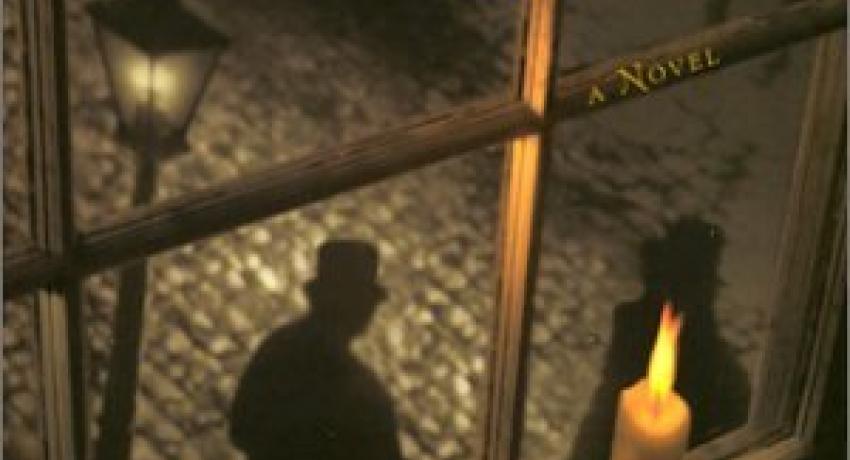True Crime
Americans have had an uneasy fascination with crime since the earliest European settlements in the New World, and right from the start true crime became a dominant genre in American writing. True Crime: An American Anthology offers the first comprehensive look at the many ways in which American writers have explored crime in a multitude of aspects: the dark motives that spur it, the shock of its impact on society, the effort to make sense of the violent extremes of human behavior.
- Read more about True Crime
- Log in to post comments



